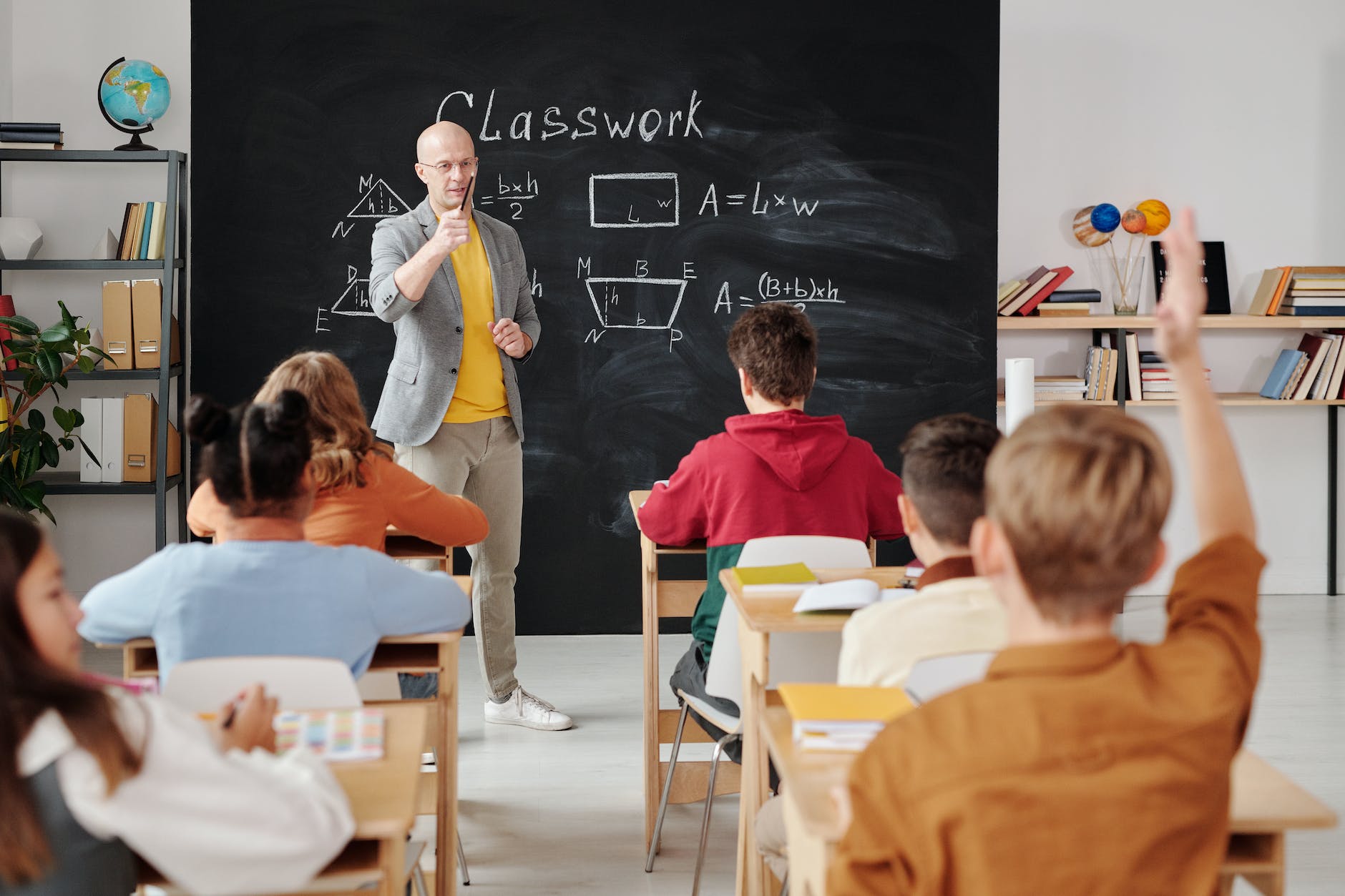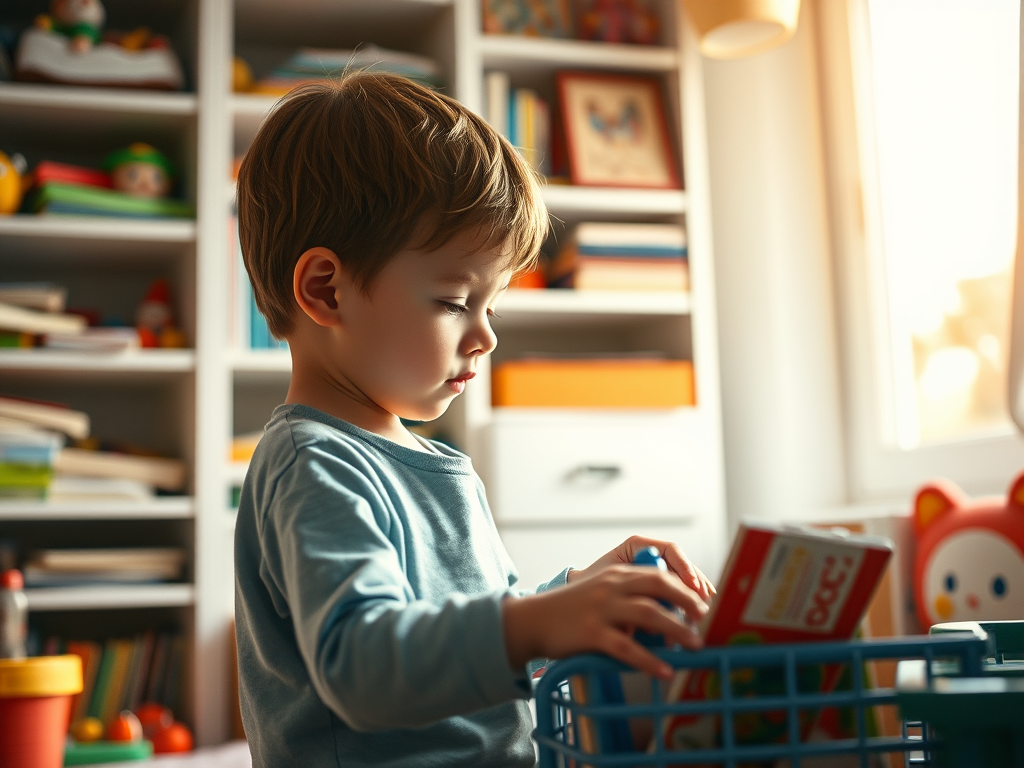The Impact of Educator Tone-of-Voice on Student Achievement

|
Getting your Trinity Audio player ready...
|
Introduction
Have you ever though about the profound influence a teacher’s voice can have on the overall classroom environment and students’ emotional well-being?
A recent study explored this concept, revealing that varying tones of voice have a profound effect on students’ experiences. Let’s look deeper into the intricacies of this research.
Aim of the Research Study
The main objective of this study was to investigate the impact of teachers’ voices on students. Specifically, comparing the effects of a controlling tone that exerts pressure on students with a positive tone that aims to empower students.
Findings
When teachers utilize their voices to foster a supportive atmosphere, the outcomes include heightened independence, improved interpersonal relationships, and enhanced student belief in their own competence.

Conversely, the study found that employing controlling and pressuring tones can have adverse effects on students, diminishing their happiness, self-assurance, and overall emotional well-being. This underscores the potential detrimental consequences of controlling teaching methods.

It is crucial to provide supportive environments within classrooms, promoting independence, positive relationships, and self-confidence among students.
Additionally, educators to be mindful of the emotional repercussions associated with employing controlling teaching methods, urging them to consider the broader impact on students’ well-being.
You May Also Like: The Impact of Teacher-Student Relationships on School Achievement
References
Paulmann, S., & Weinstein, N. (2022). Teachers’ motivational prosody: A pre-registered experimental test of children’s reactions to tone of voice used by teachers. British Journal of Educational Psychology, 1-14. Open Access. Open Data. Open Material. https://doi.org/10.1111/bjep.12567. Silke Paulmann and Netta Weinstein share first authorship.


 Audible Audiobook – Unabridged
Audible Audiobook – Unabridged




